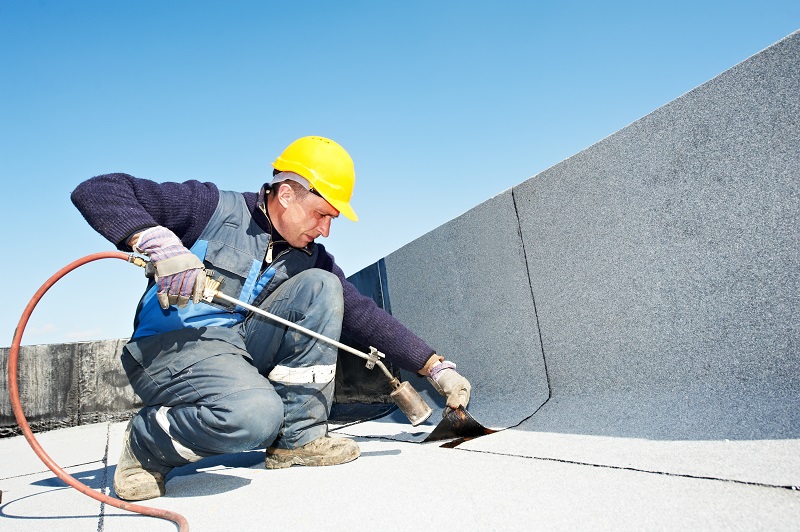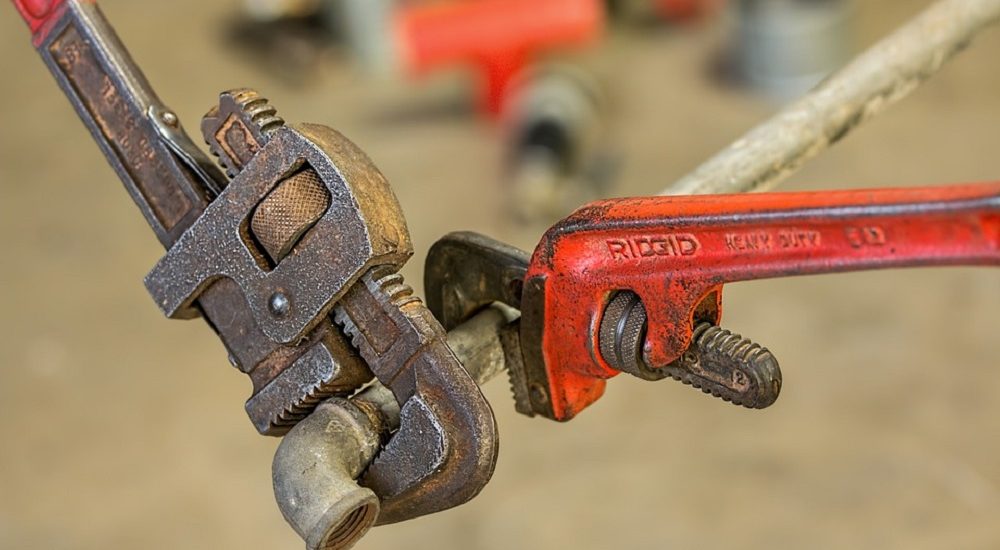Plumbing leaks are every homeowner’s fear and, eventually, an inevitable reality. Sooner or later, something somewhere will start to leak, whether it is a dripping faucet or pipe burst. Leaks are a huge annoyance, given that they can cause severe damage as well as a major waste of water. Most people are completely uninterested in mastering the plumbing skills, which is perfectly fine since they can always call professionals to fix the leak. However, since you do use running water in your home, getting to know the basics would be a wise thing so that you can prevent leak or at least to react timely.
Insulate exterior pipes
If there are pipes on the exterior of your house, make sure not to expose them to cold temperatures, because the water inside will freeze. To avoid frozen water in the pipes, wrap them in heat and protect pipes from coldness. Another way is to leave the faucets open since moving water will prevent freezing.
Check out all the visible pipes in your home
Inspect your home as if you know what you are doing. Don’t worry, because if something is wrong, you will be able to notice it. Look for signs of damage on pipes, like buckling or rust. Needless to mention, but still, a puddle of water or even drops call for a red alert.
Look under the sink
Kitchen sink cabinets are usually full of cleaning products and other chemicals that clutter the space and block the view. Make sure to check regularly and see if there are signs of a leak.
Tighten the valves
Spigot valve should be set back and in addition to that, consider installing a frost-free hose bib that will allow you to prevent freezing by shutting off water closer to home. It is highly recommendable for all the pipes that run through the cement foundation.
Radiators

Make sure to check the valves on radiators and don’t forget to see if they are on a right level. To ensure that you have good drainage of condensed water back to the boiler, slightly pitch the radiator closer to the steam source.
Leaking from a water heater
Once your water heater starts to leak, know that there is absolutely nothing you can do but to replace it. Water heaters have a certain lifespan that usually concludes with leaking from the base. Ditch that old can and opt for lifetime warranty water heaters.
Shower spout leak
Use isolation valves to block the water from the shower and open the shower handle. Take the washer out and replace it. Once you assemble the shower handle again, take of isolation valves and run water to see if there is still any sign of a leak. Usually, replacement of the washer will do the trick.
Trap leak
Leak in a drain pipe often happens in the area where it connects with the wall. Normally, a simple tightening with hands or a wrench will do. If the leaking doesn’t stop, then it is time to look for some reliable plumbing services in your area.
Splurge on washers
Don’t save money on washers and O-rings since they can extend the lifespan of the whole draining fixture. A damaged washer will not prevent drip, so make sure to replace it. If the dripping continues, tighten it a bit.
Replace faucets that are older than you
Although old-fashioned faucets are adorable, keep in mind that no faucet can last forever. Eventually, it will start to corrode and leak. Most times, it is much simpler and cheaper to replace it with a new one. If the aesthetics are what you care about, know that there are plenty of vintage design faucets that will fit perfectly in your interior.
Conclusion

Water waste can go up to thousands of gallons of water each year due to the simple plumbing leaks and dripping faucets. Not only does it affect your budget, but the waste of water is also a big ecological problem. There are no magical plumbing fixtures that can stand the test of time eternally. Be responsible and cautious and inspect plumbings regularly. And hopefully, learn another thing or two about it. If that is something that you are uncomfortable with for any reason, there is always an option of hiring a plumber to do it for you.

